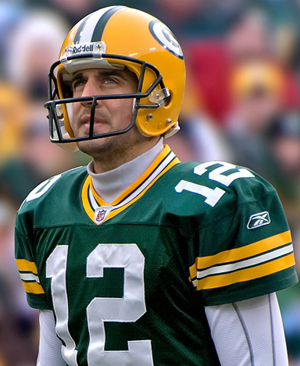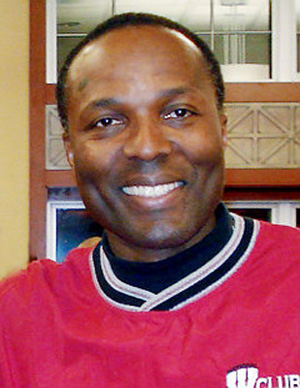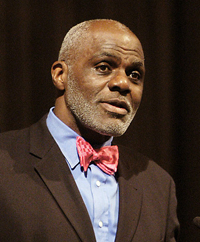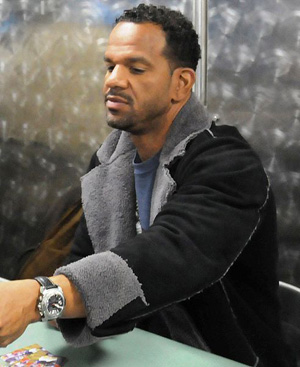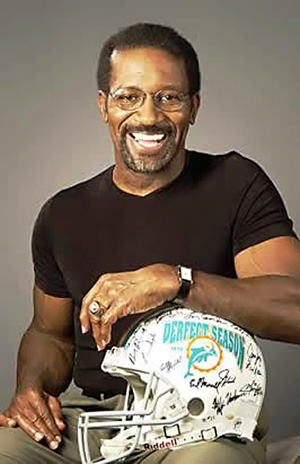
Morris excelled as both a running back and kick returner. The majority of his playing days were spent with the Miami Dolphins. From 1969 to 1971, he backed up Jim Kiick at halfback and served as the Dolphins' primary kickoff return man. In his rookie year of 1969, Morris had averaged 26.4 yards per kickoff return, leading the AFL in kickoff returns with 43 and in kickoff return yardage with 1136. Both totals would have also led the NFL. His 105-yard return was the longest in the AFL that season, and he was also one of the AFL's leading punt returners that year. In 1970, he missed some time on the field due to a leg injury, but his 6.8 yard per carry average on 60 runs was the highest in the league among players with at least 50 runs. In 1971, despite being unhappy with his minimal playing time as backup halfback, he helped the Dolphins to their first Super Bowl, Super Bowl VI by leading the American Football Conference(AFC) with a 28.2 yard kickoff return average. During the regular season, Morris also made the most of his opportunities at running back, gaining 315 rushing yards on 57 carries for a 5.5 yard average, an average that would have led the NFL had he enough carries to qualify. That season, Morris was selected for the Pro Bowl for the first time as a kick returner, although he also was used as a running back in the game. In the 1972 and 1973 seasons, Morris earned Super Bowl rings in Super Bowl VII and Super Bowl VIII, and was selected for the Pro Bowl in both years. In 1972, Morris shared the halfback position with Kiick, participating in a few less plays than Kiick, but having more carries as a running back. That year, he ran for exactly 1,000 yds on 190 carries, becoming, with teammate Larry Csonka, the first 1,000-yard tandem in NFL history. Morris was first thought to have finished with 991 yards, but the Dolphins' management asked the league to examine a play in which Morris fumbled a lateral: Morris was awarded the nine yards previously recorded as lost on the play, giving him 1,000 yards for the season. That year, Morris also led the NFL with 12 rushing touchdowns, and his 5.3 yard per carry average was 3rd in the NFL. By 1973, Morris had taken over the starting halfback spot and rushed for 954 yards on 149 carries, despite playing with a neck injury late in the season. His 6.4 yard per carry average led the NFL that season, and he finished 3rd in the NFL in rushing touchdowns. Although Morris' Super Bowl statistics pale in comparison with teammate Larry Csonka, he excelled in several playoff games leading up to Miami's two Super Bowl championships. In 1972 he led the Dolphins in rushing in both the divisional playoff game against Cleveland and the AFC Championship Game against Pittsburgh with 72 yards and 76 yards respectively. In 1973, he led the Dolphins in rushing for the divisional playoff game against Cincinnati with 106 yards, and added 86 more rushing yards in the AFC Championship Game against Oakland. Morris continued playing for the Dolphins in 1974 and 1975, before spending the last season of his shortened career playing for the San Diego Chargers in 1976. In 1974, he was limited to playing just 5 games due to a knee injury suffered in a pre-season exhibition game. In 1975 he led the Dolphins in rushing yards with 875 despite sharing the halfback position with Benny Malone. After being traded to San Diego before the 1976 season, he ran for 256 yards on only 50 carries that year and decided to retire after the season, in part due to lingering difficulties from the neck injury suffered in 1973. Morris finished in the top five of the NFL in rushing touchdowns twice and total touchdowns once during his eight-year career. His career 5.1 yard per carry average is 3rd all time among NFL players (2nd among running backs and 1st among halfbacks) with at least 750 rushing attempts, behind quarterback Randall Cunningham and fullback Jim Brown. His career kickoff return average of 26.5 is among the all-time top 10 for players with at least 100 returns. In 1974, Morris co-starred as Bookie Garrett in the blaxploitation film The Black Six alongside other football stars of the day. In 1982, Morris was convicted of cocaine trafficking. He was sentenced to twenty years imprisonment, with a mandatory fifteen-year term. On March 6, 1986, his conviction was overturned by the Florida Supreme Court because evidence Morris had offered to prove his entrapment defense had been excluded under a mistaken characterization as hearsay. Morris was granted a new trial. He was able to reach a plea bargain with the prosecutor, resulting in his release from prison May 23, 1986, after having served three years. He later went on to a career as a motivational speaker. Towards the end of 2006, he was in a television commercial spot for a hair-treatment clinic, along with Wade Boggs.
